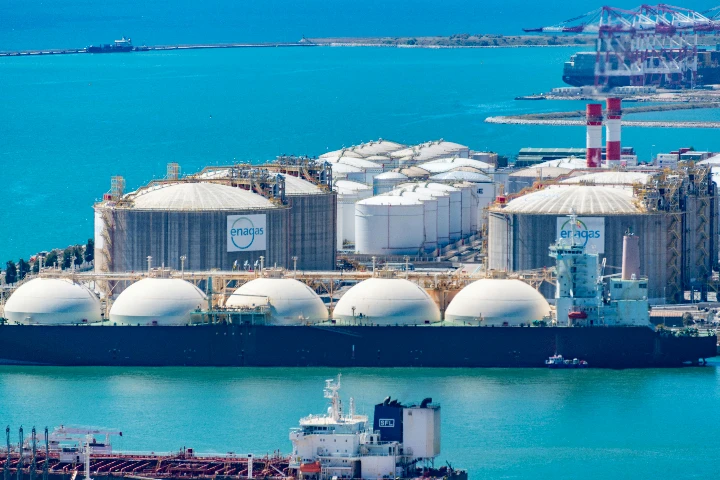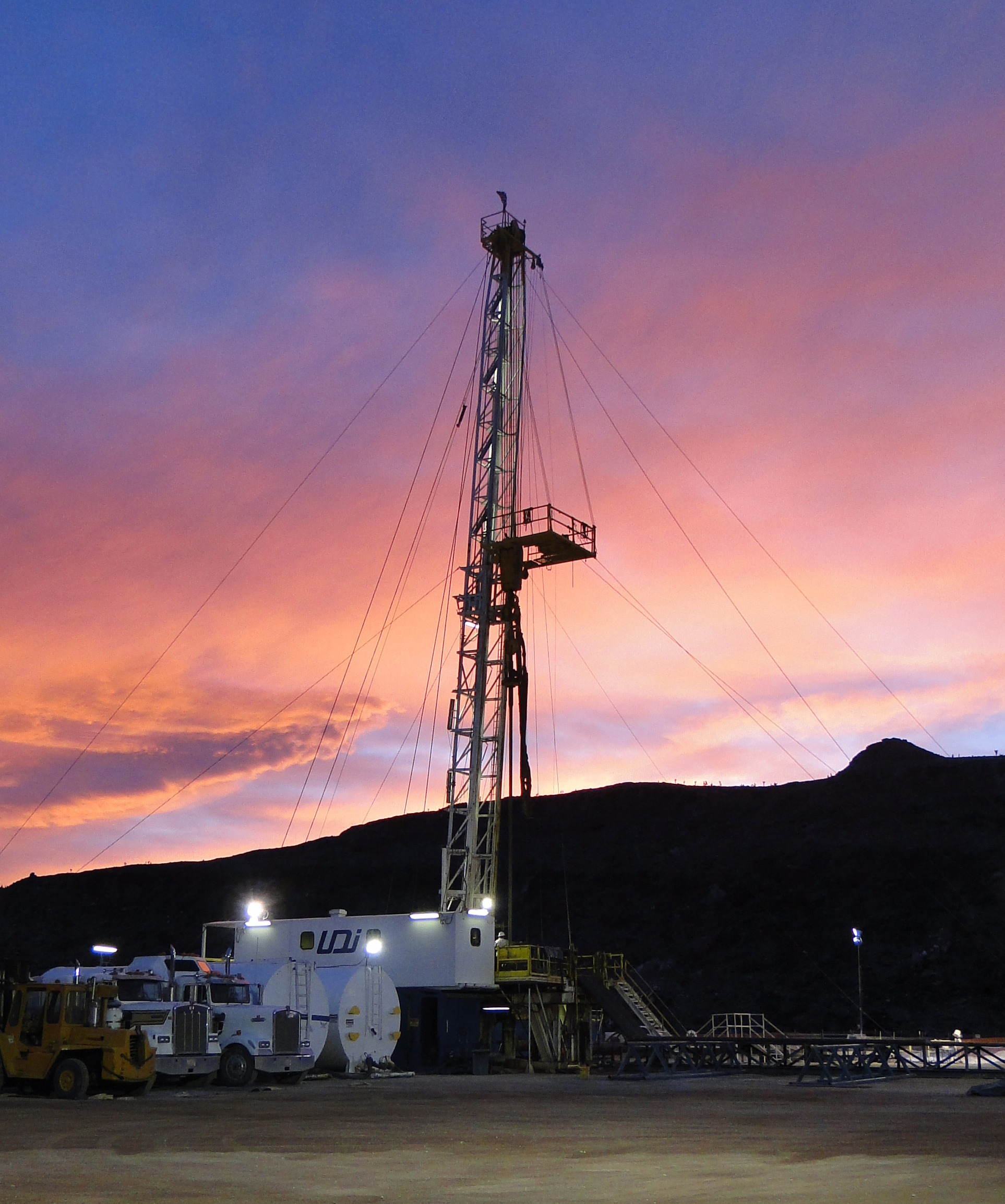Woodside’s LNG: The 43-Cent Question
Every hour, millions of dollars’ worth of liquefied natural gas leave Western Australia’s coast — shipped from Woodside’s North West Shelf project near Karratha to power homes and industries across Asia. It’s one of the world’s biggest LNG hubs, but according to unions, Australia sees only ...
Every hour, millions of dollars’ worth of liquefied natural gas leave Western Australia’s coast — shipped from Woodside’s North West Shelf project near Karratha to power homes and industries across Asia. It’s one of the world’s biggest LNG hubs, but according to unions, Australia sees only ...







